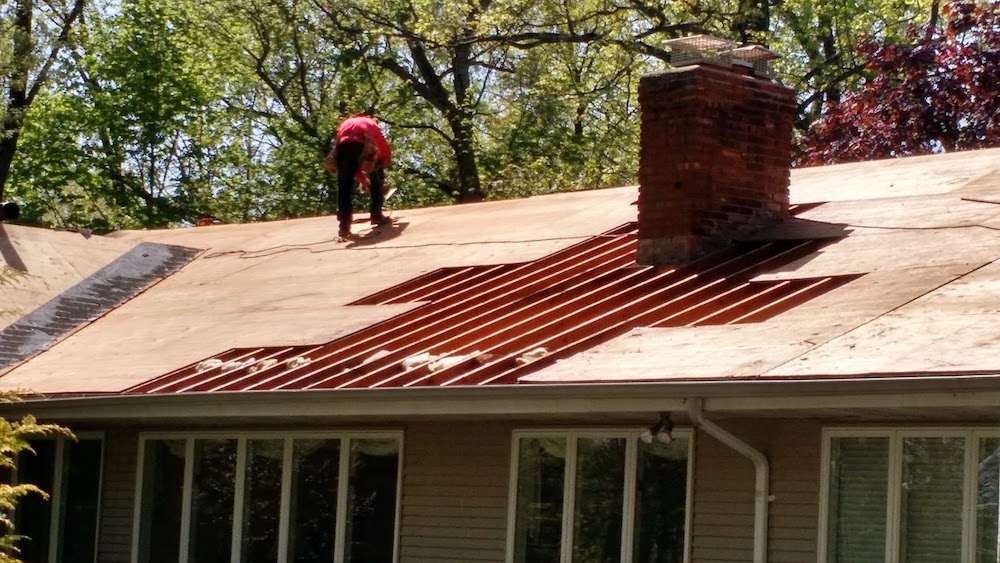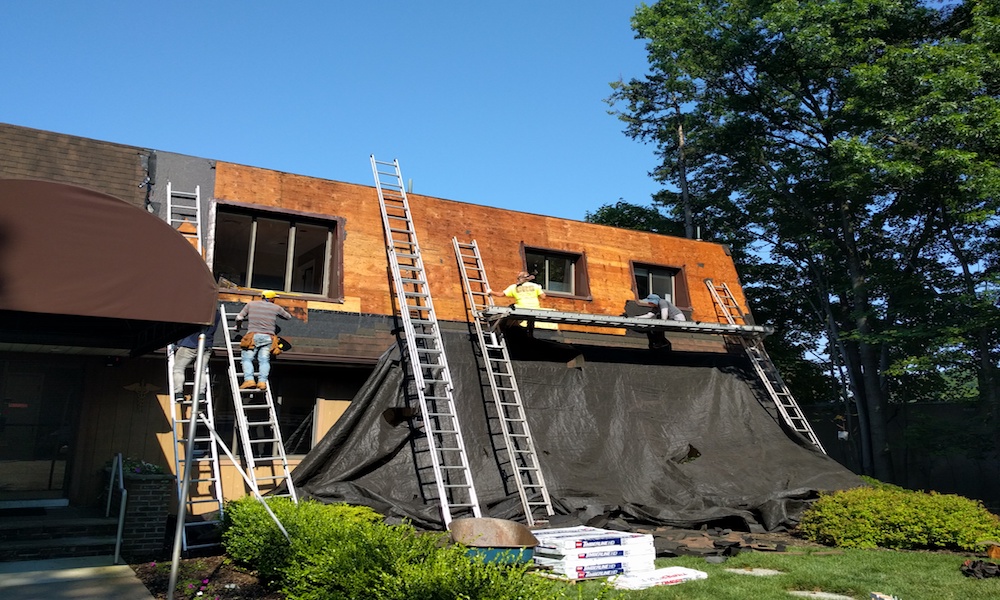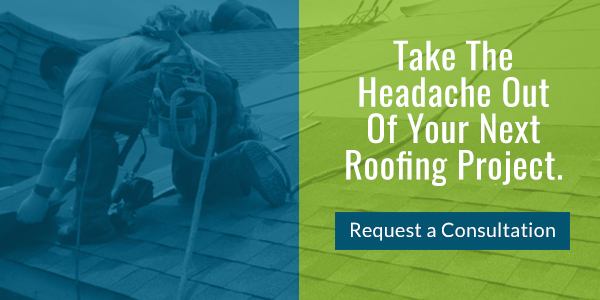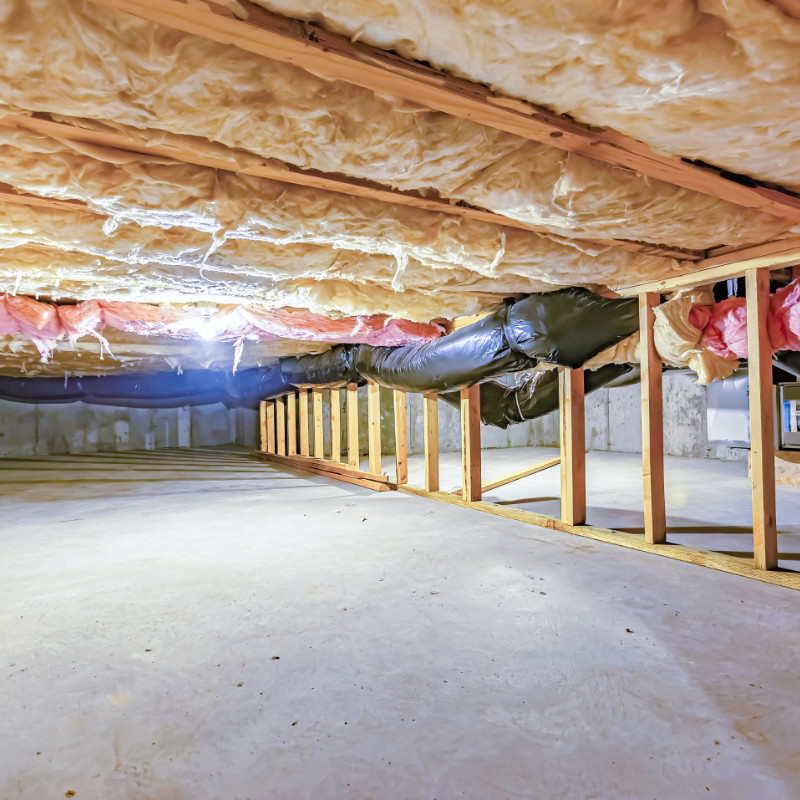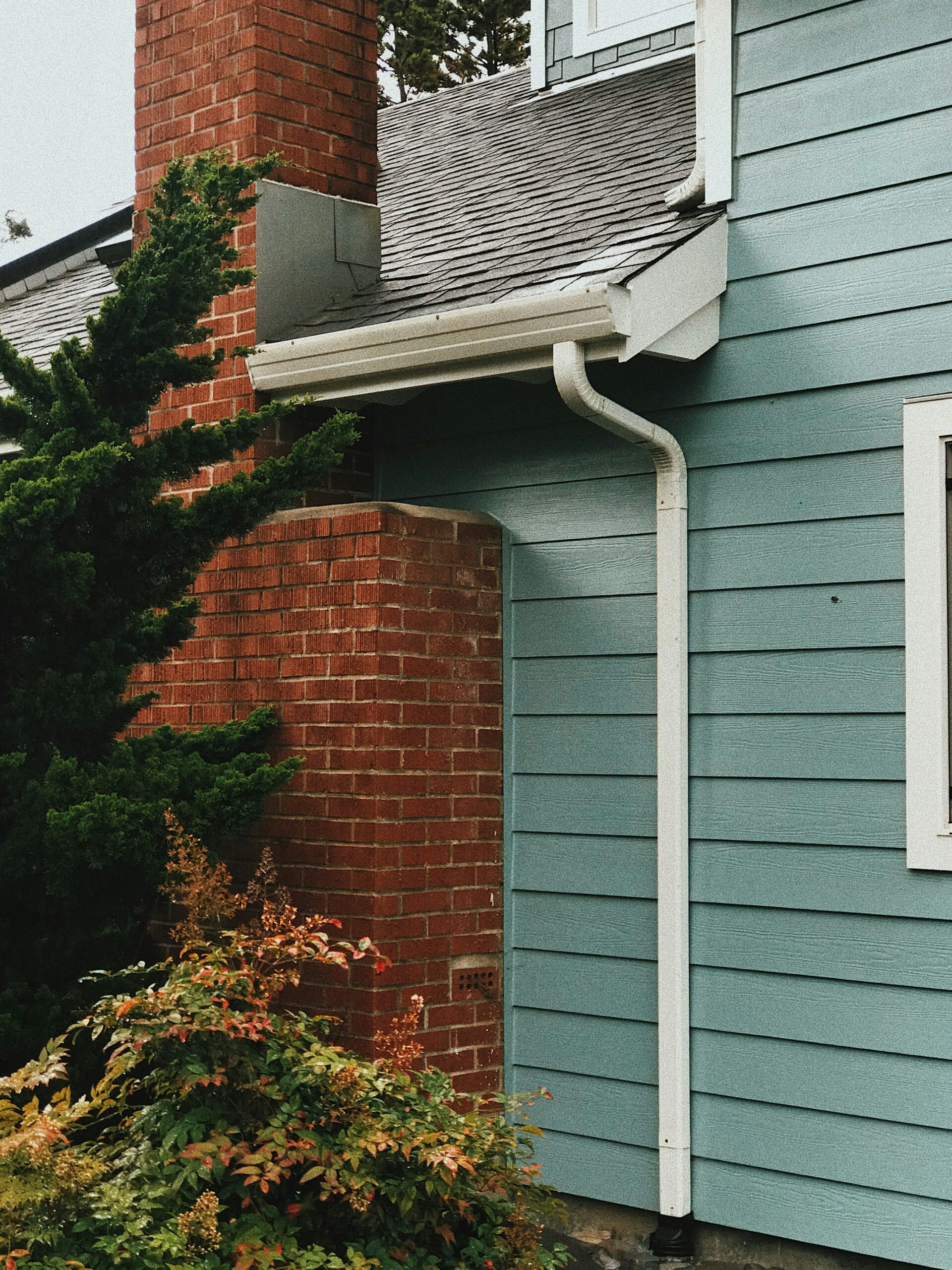There are two basic kinds of roof inspections: routine and emergency. Routine inspections, commonly conducted in the spring and the fall, are part of an ongoing maintenance program designed to maximize your roof’s lifespan.
Emergency inspections respond to an acute need. Perhaps you’ve just noticed a leak, or you suspect roof damage following a bad storm. In extreme cases, a portion of a roof is torn off in extreme winds or a large branch crashes right through the roof.
Professional Roof Inspections
Responsible Bergen County roofers understand the importance of safety as they conduct both routine and emergency inspections. The right contractor in NJ will make every effort to ensure that the process is as safe and efficient as possible.
Routine inspections
A routine inspection begins with a visual inspection from ground level, followed by a close-up review of all roof components, including shingles, underlayment, flashing and caulking. The inspector will also examine areas around the roof’s perimeter like gutters, soffits, and fascia. The inspection often includes a visit to the attic, where the inspector will look for evidence of leaks like rafter stains and moist insulation.
Emergency inspections
Sometimes there is an urgent need to call a roof inspector to your residence. Perhaps a large tree limb fell on your roof and you don’t know if it damaged anything. In the winter, a troublesome ice dam may cause a leak. A severe windstorm that tears shingles off your roof can happen at any time of the year. When necessary, the inspector will figure out how to temporarily stabilize the roof until permanent repairs are possible.
5 Tips for Safer Roof Inspections
When an inspection is required, a homeowner wants to think about his or her roofing needs, not about the possibility of an accident. This is a key reason why professional, certified inspectors are preferred over DIYers. A trained professional is aware of the full range of safety hazards a roof presents.
Here are five tips for ensuring safer roof inspections.
1. Avoid the DIY inspection
Even if you think you’d be comfortable up on your roof, think twice before tackling a roof inspection yourself. When you truly weigh the risks, you’ll likely find it’s just not worth it. Emergency inspections are particularly hazardous. A homeowner should resist the urge to climb up on the roof to inspect storm damage.
If a falling branch crashed through the roof or severe winds compromised part of it, your foot could conceivably go right through the roofing. Even if you examine damage without incident, you’re still in need of a professional who will determine how to specify the right materials to complete the repair.
2. Avoid Inexperienced Assistance
If you have a friend that knows a little about roofs, it might be tempting to ask him or her to help you out. However, think carefully before you choose this option. As soon as you pay your friend to climb up on your roof, you become the general contractor on the project. This means you are liable if your friend is injured. You’d not only feel bad, but you could be on the hook for a significant claim against your homeowner’s policy. You could also get in trouble for not carrying workers compensation insurance.
3. Use a Certified Roof Inspector
The safest roof inspection is one conducted by a properly certified roof inspector. Such an individual will know how to access and examine your roof in a safe manner. Many Bergen County homes have highly pitched roofs, and the proper inspection of such roofs requires extreme care. There’s just no comparison between a professional who examines roofs every week and a layperson with less experience.
4. Keep a Safe Distance During the Inspection
During a roof inspection, make sure that everyone stays away from the roof’s perimeter, including pets. The inspector may need to toss fallen branches and other debris to the ground. Once the inspector is up on the roof, it’s also important that the ladder remain undisturbed.
5. Confirm the Contractor’s Insurance
When you arrange for any kind of roof service, including roof inspections, maintenance, repairs, and re-roofing, you don’t want to risk a claim against your homeowner’s insurance policy. Although the chance is small, accidents can happen. If an accident does occur, it is vital that a roofing contractor have sufficient liability insurance and workers compensation insurance in place.
To fully protect you from risk, it is important that Bergen County roofers have far more liability insurance than the minimum amount that the state of New Jersey requires. CRS carries $11 million in liability insurance, more than 10 times the typical amount.
About CRS Roofing
CRS has served New Jersey homeowners for more than 48 years. We offer a complete line of residential roofing services, including inspections, maintenance, repairs, roof replacements and emergency roof work.
Periodic inspections by our certified inspector detect roof problems at an early stage. Emergency inspections quickly identify vital roofing solutions. If an insurance claim is appropriate, we’ll work with both you and the insurer to help the process.
When you are looking at Bergen County roofers, look for a contractor like CRS that:
- Has a certified roof inspector.
- Promotes safety.
- Has the right insurance.
To ask questions or schedule a roof inspection, please contact us today!

